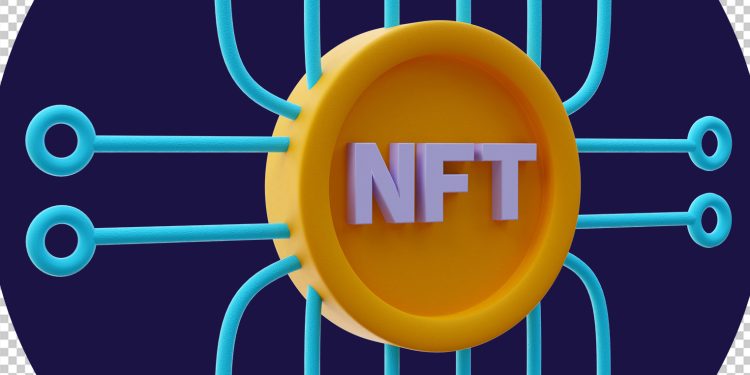This article presents a strong case for the benefits of tokenizing assets, which are true, but appears to have left out a discussion of all the highly visible problems creating chaos with existing asset tokenization platforms. A short review of recent problems are here, here, and here. One example, the article states:
“Gas fees for transferring tokens are also likely to be substantially lower than traditional exchanges’ brokerage fees.”
Yet this recent article demonstrates that gas fees, that are based on blockchain activity, can suddenly jump to thousands of dollars. I agree that the vision is accurate, but I think we disagree on how much work remains to be done to make it safe for managing retirement assets. Mercator will release a more balanced view on the topic of NFTs with the publication of “NFTs and Financial Institutions: Planning an Implementation That Manages the Risks” later this week.
“Tokenizing fixed income products has clear advantages for both issuers of, and investors in, such products. However, tokenization is not without disadvantages.
Two key advantages for token issuers are efficiency and reliability. Issuers can program tokens to carry out many functions that are currently performed by a company secretariat, such as investor announcements, investor register management, and coupon and principal payments. This saves costs, is efficient, and could reduce the likelihood of human error, fraud and negligence.
Tokenization is particularly well-suited to fixed income products because they have set dates for coupon payments and the repayment of principal amounts. Such dates and amounts can be programmed into smart contracts ahead of time and will execute automatically once certain conditions are met.
Tokenization is also advantageous for investors, particularly with respect to due diligence, automation benefits and increased liquidity.
Tokenization can simplify investors’ due diligence investigations. When conducting due diligence, an investor might seek access to certain material which may not be true, complete or accurate due to factors including fraud, negligence or human error. Traditionally an investor would seek representations and warranties from a disclosing counterparty and could sue that party in the event of a misrepresentation or a breach of warranty. However, immutably storing information on a blockchain removes some of that uncertainty.
In addition to the above-mentioned benefits for issuers, automation allows issuers to devise fixed income products with innovative tokenomics. For example, a tokenized fixed income product could pay investors continuous real-time coupon payments. This would be too administratively burdensome for traditional issuers, but possible using smart contracts.
Lastly, unlike traditional exchanges, virtual asset exchanges never close and can therefore facilitate more liquidity. Investors can respond to changes in the underlying asset in real time. Gas fees for transferring tokens are also likely to be substantially lower than traditional exchanges’ brokerage fees.”
Overview by Tim Sloane, VP, Payments Innovation at Mercator Advisory Group











